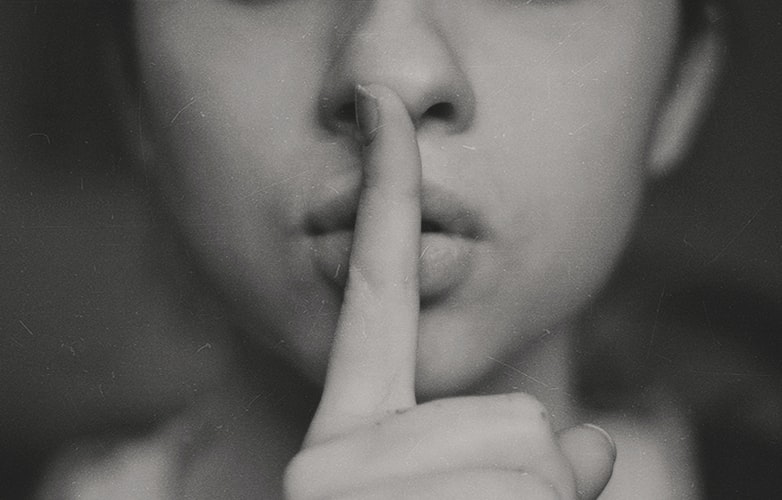As the month of Ramzan begins, so does the complex debate on the correct spelling of the Arabic month – Ramzan or Ramadan? But what of debates on what menstruating women – who by and large hide their periods from male members of the family – go through during the fasting month?
Now that’s a topic that is rarely discussed.
According to Islam, fasting and offering prayers becomes mandatory for a woman after she attains puberty. But during the month of Ramzan, menstruating girls and women are excluded from the same.
This comes with its own set of problems. Some say that they hide away from male relatives to avoid being stared at or having to lie about menstruating.
“We pretend like we are fasting even during our periods, so that the male members of the family don’t get to know,” says Nabeela Khwaja, a master’s student of English at MJP Rohilkhand University. She says that there are many times she has even pretended to pray as she feels she cannot be open about having her period.
Shaheen Ahmad also recounts an experience where she had to pretend to pray. Of the daily prayer (namaz) offered five times, one takes place at dusk. The fast also ends at the same time, so the two coincide.
“I was on my periods and was eating at dusk when one of my uncles asked why I wasn’t I praying. I had to divert the conversation and said that I was just about to. He then left,” says the 27-year-old corporate employee. But after five minutes, her uncle came back and saw that she wasn’t praying and scolded her. “I had to get up and pretend to pray.”
Every year during the holy month, women get some respite when male members of the family step out for work. But since the country is under lockdown due to the pandemic, that respite has vanished. This compounds the problem, says Tasneem Fatima, a student of Convergent Journalism at Jamia Millia Islamia.
“Normally, my father would go to work, so it wasn’t much of a problem,” she says. But now, in order to hide that she has got her period, she says, “I’ve to fast even when I am not fasting.”
Also read: Period Pain: My Thoughts on Pill Shaming
But things may be changing – some members of the younger generation have started to notice the problem. Ansab Amir, an engineering student at Aligarh Muslim University, narrates the first time he became aware of the issue.
“One of my male cousins once asked another cousin why she wasn’t fasting. She couldn’t even mumble a reply,” says Amir. When he went to ask if she was okay, she broke down saying it wasn’t her fault if she could not keep all the fasts. “I understood and felt so hurt that women go through this,” he adds.
Farhan Ali, a student of Mass Communication at Jamia Millia Islamia, says that at his house, women do not have to eat secretly during Ramzan on the days they have their period, nor do the male members ask them about fasting when they don’t.
He says earlier, as a child, whenever he would ask the female members the same question, they would give some excuse or the other.
“But now we don’t ask because we are well aware of the monthly cycle,” he says. “Islam never said to behave in a negative way towards women.”
Shaheen also says that she doesn’t get asked about not fasting as much as more and more men in the family become aware of the issue. According to her, when men see that a woman is not fasting, they should understand and not ask questions – knowing it is a subject that will not be discussed openly.
Amir recalls that during Ramzan, when his mother would speak less and work more, “I would understand that she’s on her periods.”
On fighting the stigma, he says that the time has come to unlearn such taboos.
“It is not necessary to talk about it a lot, but at least women should feel comfortable around men without fasting during their periods,” says Nabeela. “This can only be overcome through communication.”
Featured image credit: Kristina Flour/Unsplash

